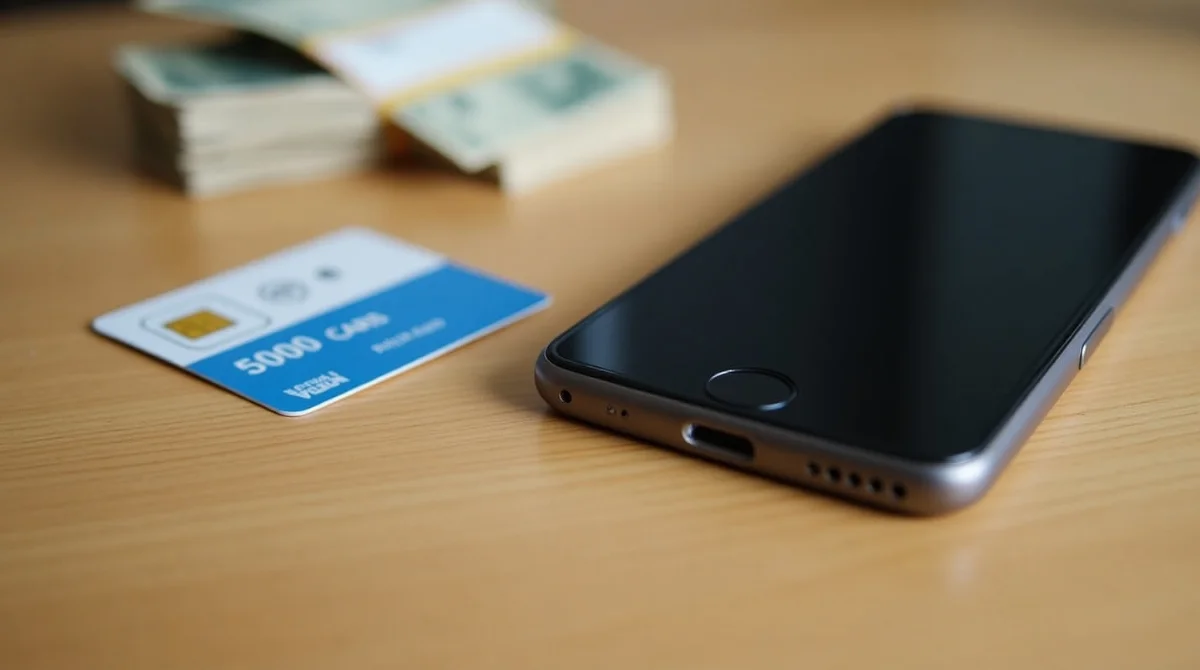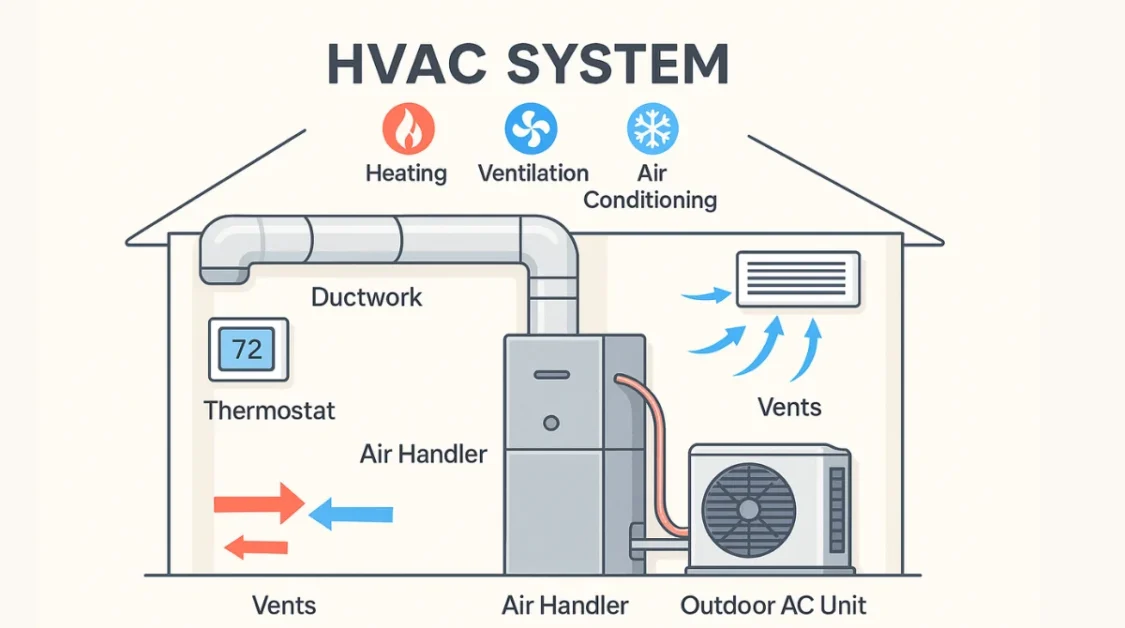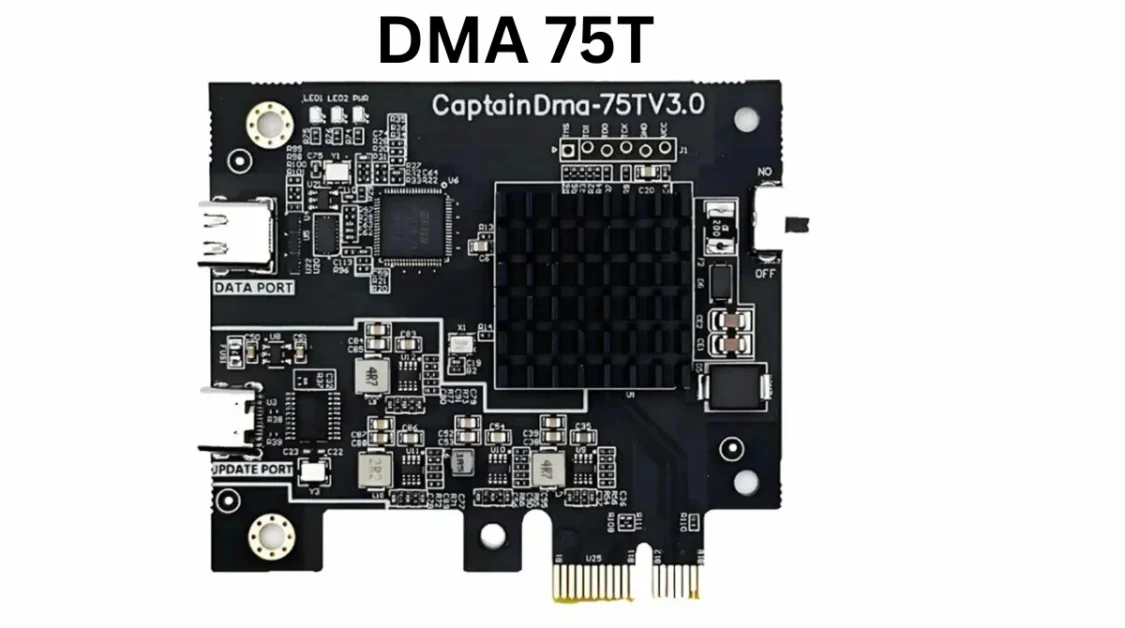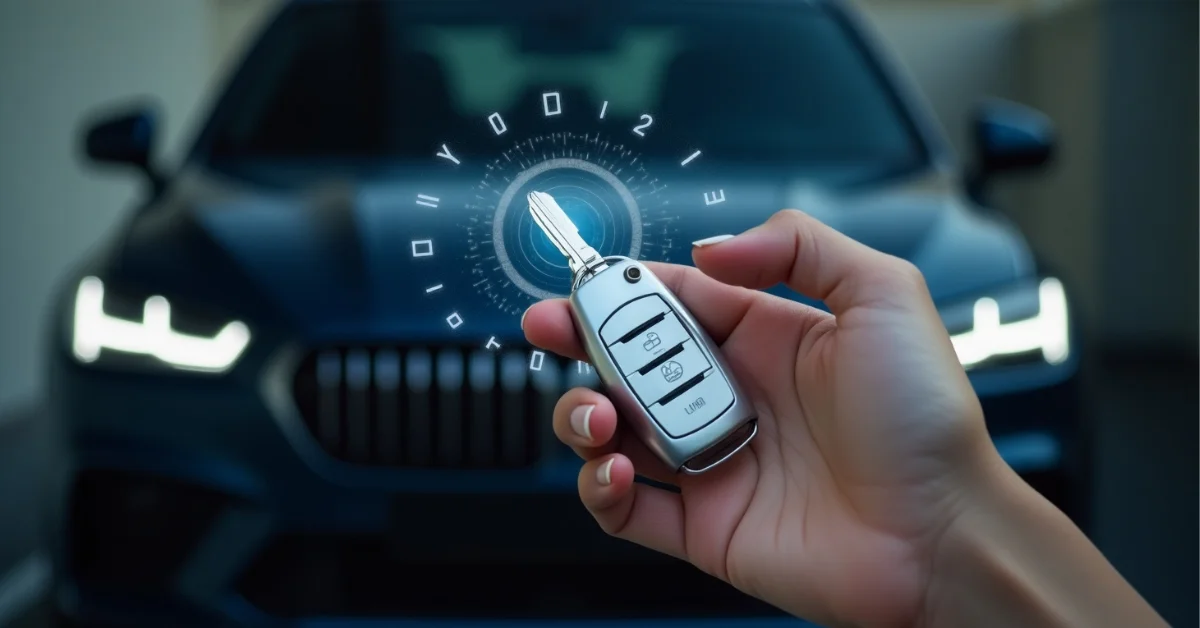In today’s digital world, privacy and security are more important than ever. One tool that people use to protect their personal information is a burner phone. But what exactly is a burner phone, and why might someone need one? All of the information you require will be provided in plain language in this handbook.
What Is a Burner Phone?
A burner phone is a low-cost mobile phone that you can use temporarily and then discard. It’s typically a prepaid device, meaning you pay in advance for the minutes and texts you use. These phones are often purchased without signing a contract and can be bought with cash, making them less traceable to your identity. While the term “burner phone” might sound shady, there are many legitimate reasons to use one.
How Do Burner Phones Work?
Burner phones operate like any other mobile phone. They use a SIM card to connect to a cellular network, allowing you to make calls and send texts. Since they’re prepaid, you load them with a set amount of credit, and once it’s used up, you can either top it up or dispose of the phone. Some people also use burner apps on their smartphones, which provide temporary phone numbers without needing a separate device.
Why Do People Use Burner Phones?
There are several reasons why somebody would choose to use a burner phone:
- Privacy Protection: To keep personal numbers private when dealing with unfamiliar contacts or online transactions.
- Avoiding Spam: To prevent telemarketers or spam messages from reaching their primary phone.
- Temporary Use: For short-term projects, travel, or events where a long-term phone isn’t necessary.
- Safety Concerns: In situations where anonymity is crucial, such as for journalists or individuals in sensitive situations.
- Business Separation: To keep work and personal communications separate without needing two primary phones.
Burner Phones vs. Burner Apps
| Feature | Burner Phone | Burner App |
| Cost | One-time purchase | Subscription-based (monthly) |
| Anonymity | Higher (if bought with cash) | Lower (requires app store account) |
| Ease of Use | Basic features | Full smartphone functionality |
| Setup Time | Takes time to buy/activate | Instant from your phone |
| Risk of Linking | Low (if used carefully) | Medium (still on your main device) |
If privacy is your top concern, a burner phone is better. But if you just need a second number for work, dating apps, or online listings, a burner app might do the job.
Where Can You Get a Burner Phone?
Burner phones are widely available and can be purchased at:
- Retail Stores: Many convenience stores, electronics shops, and big-box retailers sell prepaid phones.
- Online Marketplaces: Websites like Amazon or eBay offer a variety of prepaid phone options.
- Mobile Carrier Stores: Major carriers often have prepaid phones and SIM cards available for purchase.
When buying a burner phone, paying with cash and avoiding the use of personal identification can help maintain anonymity.
Alternatives: Burner Apps
If you don’t want to carry an extra device, burner apps are a convenient alternative. These apps provide temporary phone numbers that you can use on your existing smartphone. Popular burner apps include:
- Burner: Offers disposable numbers for calls and texts.
- Hushed: Provides private numbers with various features.
- Google Voice: This feature lets you set up a different phone number that is connected to your Google account.
These apps are useful for online dating, selling items online, or any situation where you want to keep your primary number private.
Pros and Cons of Using a Burner Phone
Pros:
- Enhanced Privacy: Keeps your personal number confidential.
- Cost-Effective: No long-term contracts or monthly bills.
- Flexibility: Use it only when needed and dispose of it afterward.
- Reduced Spam: Minimizes unwanted calls and messages.
Cons:
- Limited Features: Basic models may lack advanced smartphone capabilities.
- Not Fully Anonymous: Law enforcement can potentially trace burner phones through call records and location data.
- Environmental Impact: Discarding phones contributes to electronic waste.
Are Burner Phones Truly Anonymous?
Burner phones provide more privacy, but they are not totally anonymous. Authorities can use various methods to trace these phones, such as:
- Call and Text Records: Analyzing communication patterns.
- Location Tracking: Using cell tower data to determine the phone’s location.
- Metadata Analysis: Examining data like call duration and timing.
To maximize privacy, it’s essential to avoid linking the burner phone to personal accounts or using it in conjunction with your primary phone.
Best Practices for Using a Burner Phone
To ensure your burner phone serves its purpose effectively:
- Avoid Personal Information: Don’t store contacts or personal data on the device.
- Use in Different Locations: Avoid using the burner phone in places you frequently visit, like home or work.
- Keep It Separate: Don’t use the burner phone alongside your primary phone to prevent linking the two.
- Proper Disposal: After finishing, return the phone to its original configuration and dispose of it appropriately.
Conclusion
Burner phones are practical tools for managing temporary communication needs and maintaining secrecy. Whether you’re looking to protect your personal number, avoid spam, or separate work and personal calls, a burner phone can be a valuable asset. However, it’s important to understand their limitations and use them responsibly to ensure they serve your intended purpose effectively.



